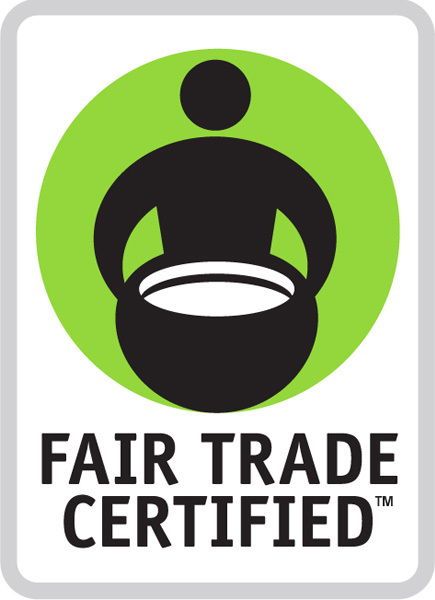First Coffee, Now Fashion: Apparel Brands Seek Fair Trade Certification Despite Challenges
The same people who stirred a bit of morality into your morning cup of joe want to get into your overstuffed closet, too.
Fair Trade USA, a nonprofit organization that certifies that goods made in developing countries meet certain standards related to wages and environmental impact, is several years into an effort to bring its standards to the clothing industry. The effort began quietly, but has recently started to gain momentum. Just a few weeks ago, Patagonia pledged to launch a Fair Trade certified line of yoga apparel. Also, the Ethiopian shoemaker Oliberte recently became the first company to offer Fair Trade certified footwear.
Getting the fashion industry on board with ethical production standards is a process that started a long time ago and has yet to achieve what some consider real success. "Brands started auditing their factories for working conditions in the mid '90s when Nike and others were attacked for sourcing in sweatshops, and yet we see from the Bangladesh factory collapse that actually working conditions in factories have not meaningfully improved as a result of all that auditing," says Heather Franzese, who both developed the Fair Trade USA's apparel program and who runs Good World Solutions, a company that uses technology to track conditions in factories. "Another model is needed," she says.
Apparel laborers in developing countries are often drastically underpaid, work long hours without time off and are frequently underage, Franzese says. In her work, Franzese has encountered terrible factory conditions including workers being exposed to toxic chemicals and polluted air. In some countries, like Malaysia, workers emigrate from other countries, have their passports withheld by the factory owners and then are forced to work, what Franzese called "bonded labor."
This post originally appeared on Entrepreneur.com Read more here



